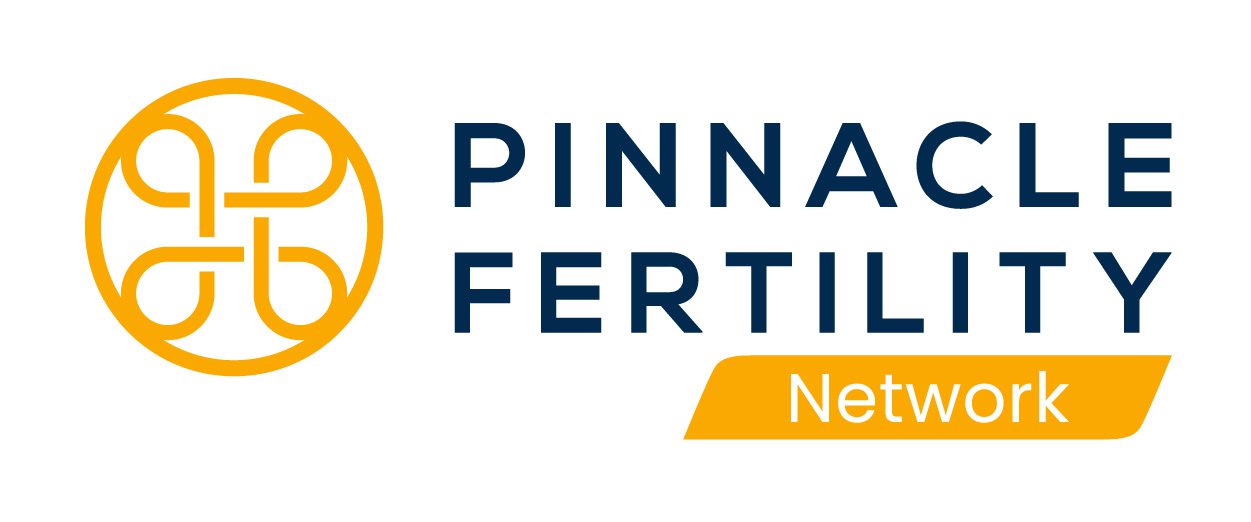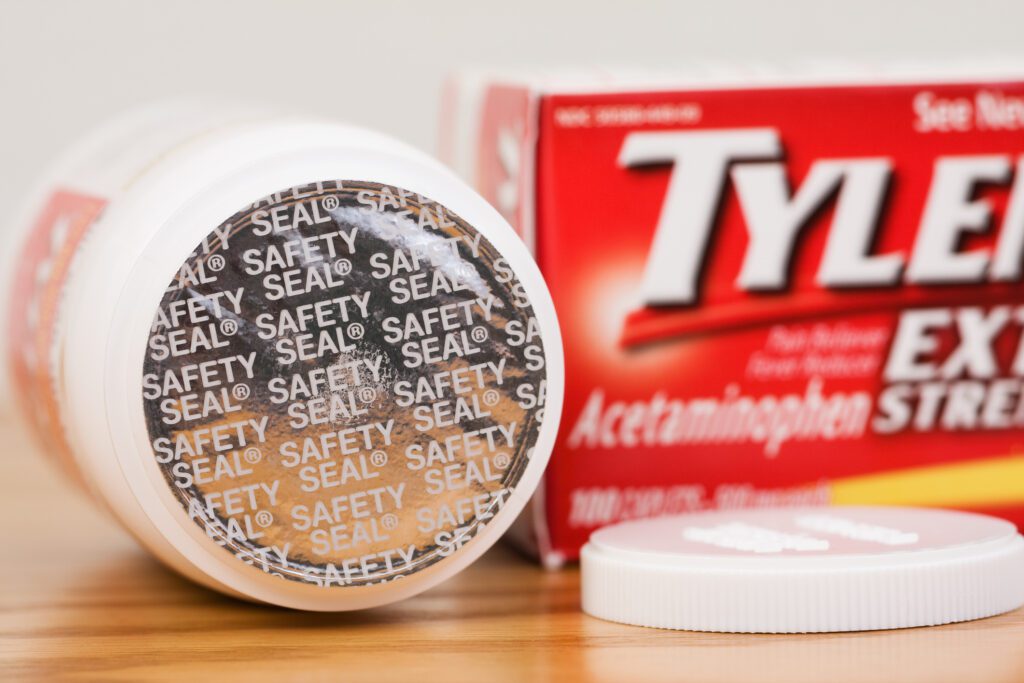By: Dr. Randy Morris
As fertility specialists, one of our most important responsibilities is helping patients navigate questions about health decisions that may impact both mother and baby. Vaccination during pregnancy has been an area of understandable concern and debate over the past few years. Families want clear, evidence-based answers: Is it safe? Does it protect the fetus? Could it cause harm?
A new umbrella review presented at the American Academy of Pediatrics (AAP) Annual Meeting provides some of the strongest answers we have to date, and the news is reassuring.
The Study at a Glance
- Researchers reviewed 23 meta-analyses, pooling results from over 200 studies and more than 1.25 million pregnant women who received the COVID-19 vaccination.
- The analysis examined maternal health outcomes and infant outcomes following maternal vaccination.
Key Findings
For Mothers:
- Lowered risk of COVID infection during pregnancy (risk ratio 0.41, meaning vaccinated mothers were ~60% less likely to be infected).
- No increased risk of hospitalization, ICU admission, gestational diabetes, hypertension, or pre-eclampsia.
- A slight increase was observed in cesarean delivery rates (RR 1.07).
For Babies:
- Reduced risk of stillbirth (25% lower).
- Reduced risk of preterm birth (8% lower overall, and 34% lower risk of severe preterm birth before 28 weeks).
- Reduced risk of neonatal intensive care admission (9% lower).
- Reduced risk of congenital anomalies (17% lower).
In addition to those results, a recent French cohort study published in JAMA Network Open evaluated over 527,000 live births, including 130,338 infants exposed to mRNA COVID-19 vaccines during the first trimester. The study found no increase in risk of significant congenital anomalies overall, by organ system, or among any of the 75 specific defects assessed.
Why This Matters
The most common worry we hear from patients is: Does vaccination during pregnancy harm a fetus or baby after birth? According to this large body of evidence, the answer is clearly no. In fact, maternal vaccination appears to protect both mother and baby. By reducing the chance of severe maternal infection, it lowers the risks of pregnancy complications and supports healthier outcomes for newborns.
This aligns with what many clinicians, including those at Pinnacle Fertility, have observed firsthand in practice: vaccinated mothers often experience fewer complications and more stable pregnancies.
Professional Guidance
- The American College of Obstetricians and Gynecologists (ACOG), along with other medical societies, continues to recommend maternal immunization, not only for COVID-19, but also for influenza and RSV during pregnancy.
- These recommendations are grounded in the comprehensive body of evidence demonstrating that maternal vaccination is safe and beneficial.
Limitations to Keep in Mind
- Most of the included studies were observational, not randomized controlled trials.
- Ongoing research is needed to evaluate long-term infant outcomes, such as neurodevelopment and resistance to infection, as well as how protection may vary depending on the timing of vaccination.
We’re Here to Help
For patients considering pregnancy or currently expecting, these findings may help provide reassurance and clarity in making informed decisions. As always, we encourage discussing your unique health history and questions with your physician, so your care plan reflects both the science and your individual needs.



